
Energy and materials
The team working in this area is multidisciplinary with a strong background in the synthesis, optimisation and application of advanced functional materials for energy conversion and storage.
Nanomaterials for all seasons – small solutions for big challenges.Professor Sai Gu
Our research
Our research deals with the development of novel nanomaterials for solid oxide fuel cells, electrolysers, batteries, super-capacitors, the new generation of solar cells and membranes technology, as well as custom-made catalysts for environmental and photocatalytic applications.
We tune the chemistry and the structure of multicomponent materials to make them top systems for energy applications. Our team combines expertise in chemical engineering, physical chemistry, chemistry of materials and multi-scale modelling, which allow us to develop research at a fundamental level and transform the basic knowledge into real-world applications.
Research interests
Clean energy production, carbon capture/utilisation and bioenergy are priority areas among our research interests.
In particular, we have a H2/CO2 lab for the production of bio-hydrogen syngas and fine chemicals using CO2 as a carbon pool. We design pioneering catalysts and nanoreactors based on metallic and metal-oxide nanoparticles, as well as yolk-shell structures with direct applicability in fuel processors and green chemistry.
As for bioenergy, fast pyrolysis and advanced technology for biofuel production constitute one of our research thrusts. Novel pyrolyser reactors for one-pot biofuel generation from biomass are currently under development in our facilities.
Such devices make possible the so-called “waste to fuel” approach in a compact manner using membranes to intensify the process. Additionally, we are active in the application of plasma technology including plasma catalysis, plasma pyrolysis and the use of plasma as a versatile tool for nanomaterials synthesis.
Our current research deals with the development of novel nanomaterials for solid oxide fuel cells, electrolysers, batteries, super-capacitors, the new generation of solar cells and membranes technology, as well as custom-made catalysts for environmental and photocatalytic applications. We tune the chemistry and the structure of multicomponent materials to make them top systems for energy applications. Our team combines expertise in chemical engineering, physical chemistry, chemistry of materials and multi-scale modelling, which allow us to develop research at a fundamental level and transform the basic knowledge into real-world applications.
Meet the team
Group leads

Dr Tomas Ramirez Reina
Senior Lecturer in Chemical and Process Engineering
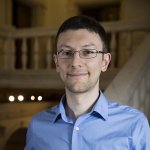
Dr Marco Sacchi
Associate Professor of Physical and Computational Chemistry, Theme Leader in Sustainable Energy and Materials Research, Co-Director of the Quantum Biology Centre
Key contributors

Dr Bahman Amini Horri
Associate Professor of Chemical Engineering and Sustainable Energy; Leader of MSc Sustainable Energy; Fellow at the Institute for Sustainability
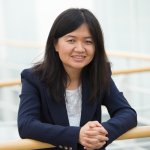
Professor Qiong Cai
Professor in Sustainable Energy and Materials; Sustainability Fellow; Theme Leader on Chemicals for Net-Zero within the Institute for Sustainability

Dr Daniela Carta
Senior Lecturer in Physical Chemistry

Professor Carol Crean
Professor in Physical and Materials Chemistry

Professor Angela Danil de Namor
Emeritus and Honorary Professor Physical Chemistry

Professor Adrian Dobbs
Professor of Organic Chemistry and Head of School of Chemistry and Chemical Engineering
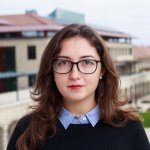
Dr Melis Duyar
Senior Lecturer in Chemical and Process Engineering
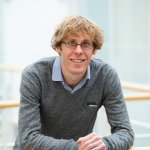
Dr Ian Riddlestone
Lecturer in Inorganic Chemistry
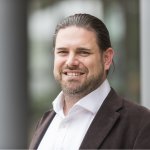
Dr Peter Roth
Lecturer in Applied Organic/Polymer Chemistry

Dr Patrick Sears
Senior Lecturer in Chemistry and Forensic Analysis
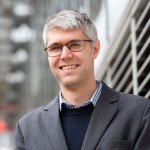
Dr Michael Short
Associate Professor of Process Systems Engineering
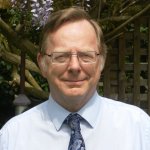
Professor Bob Slade
Emeritus Professor in Chemical Technology

Professor John Varcoe
Professor in Materials Chemistry

Dr David Watson
Senior Lecturer in Physical and Materials Chemistry
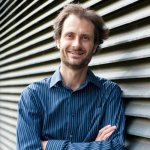
Dr Daniel Whelligan
Senior Lecturer in Organic/Medicinal Chemistry
Postgraduate research students
Soudabeh Bahrami Gharamaleki
Postgraduate Research Student

Mark Fullerton
Postgraduate Research Student
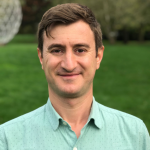
Ali Goksu
Postgraduate Research Student